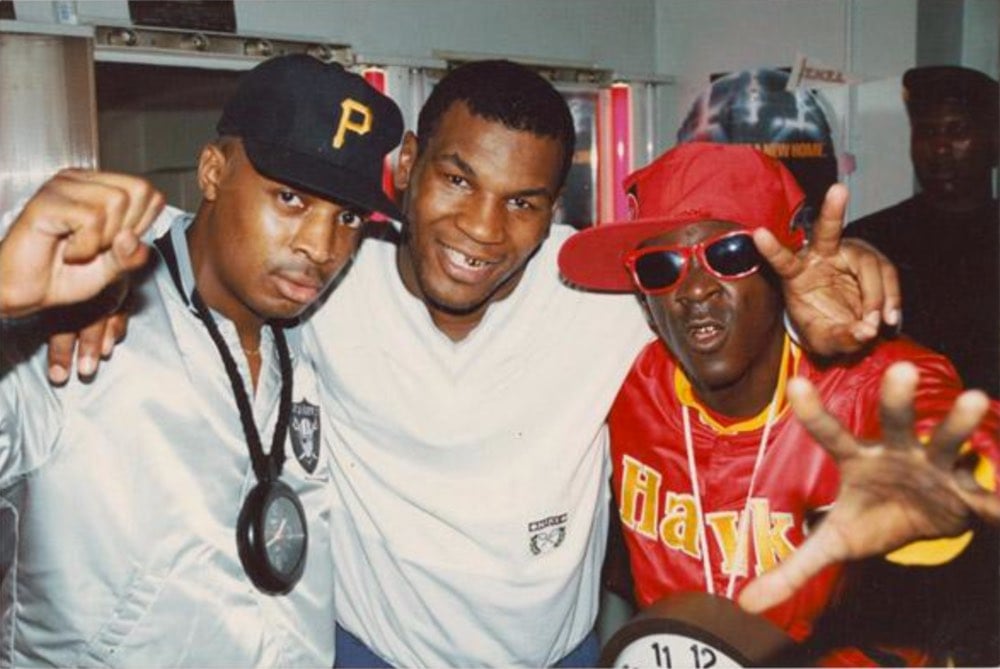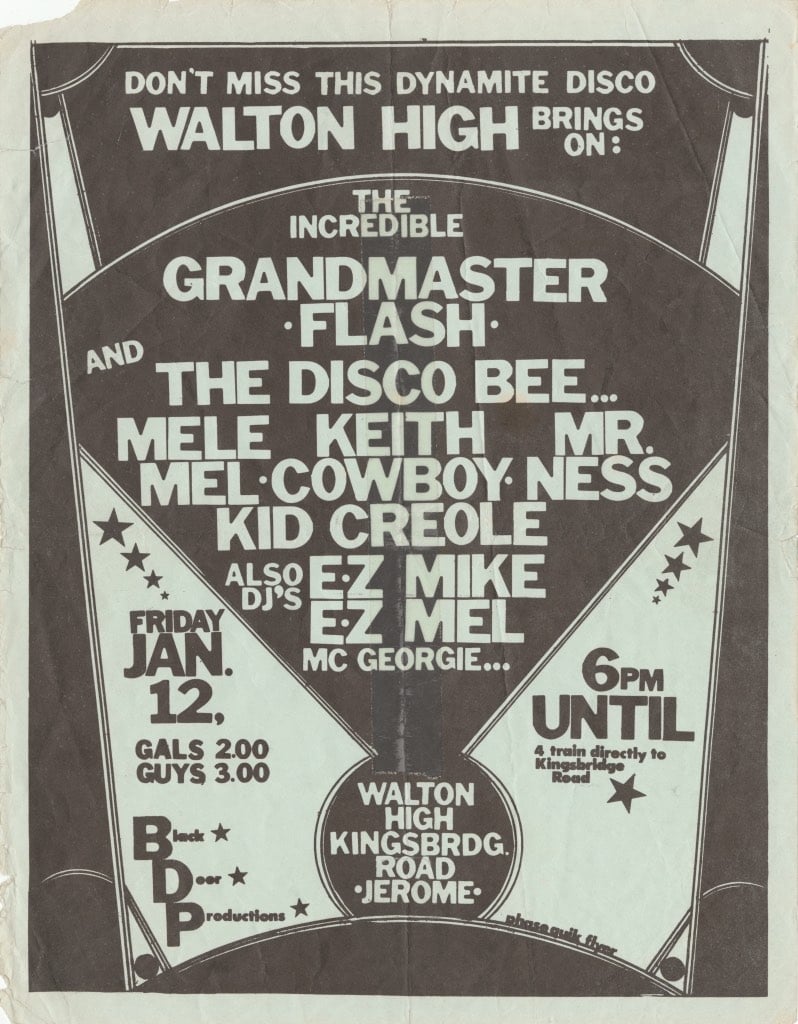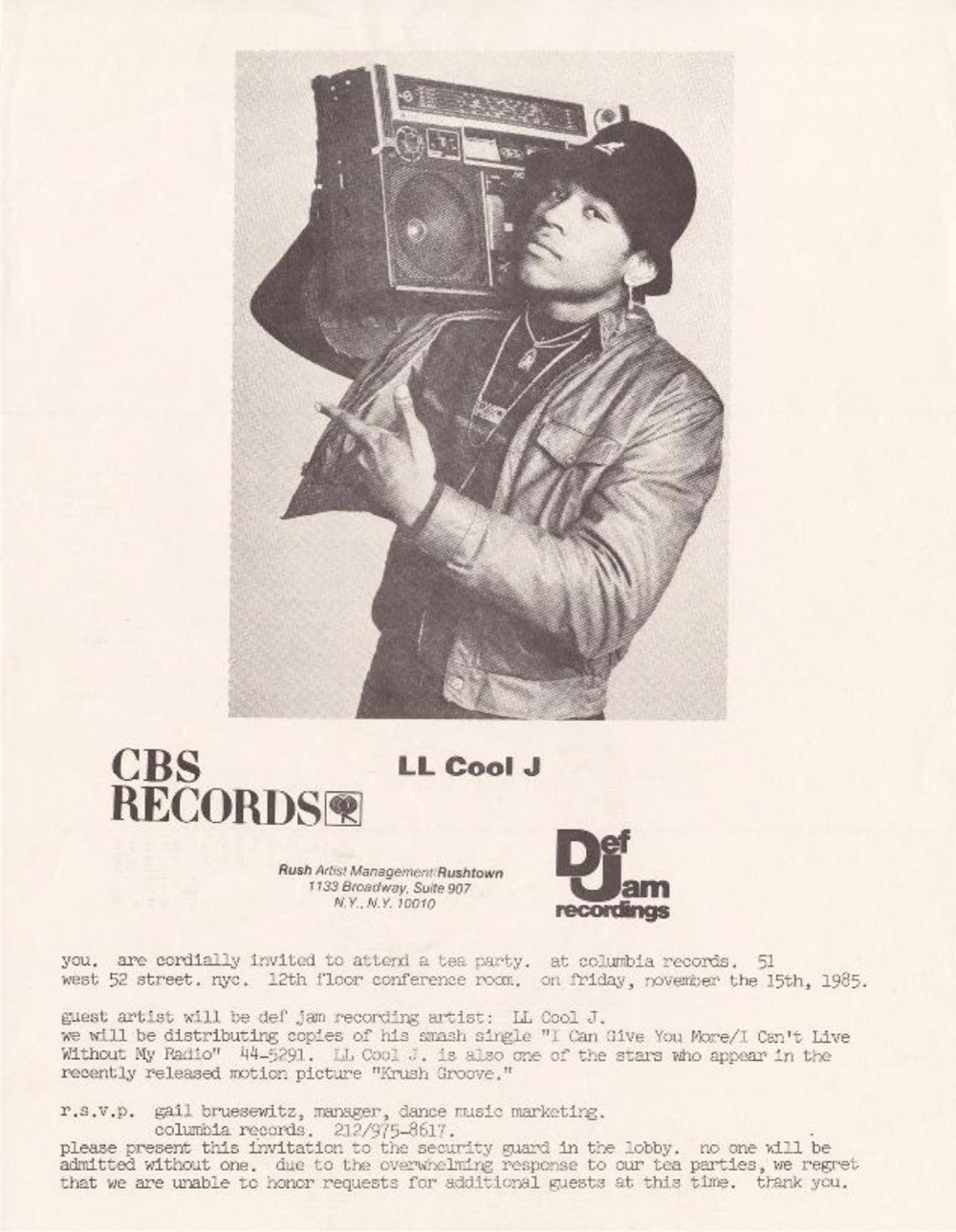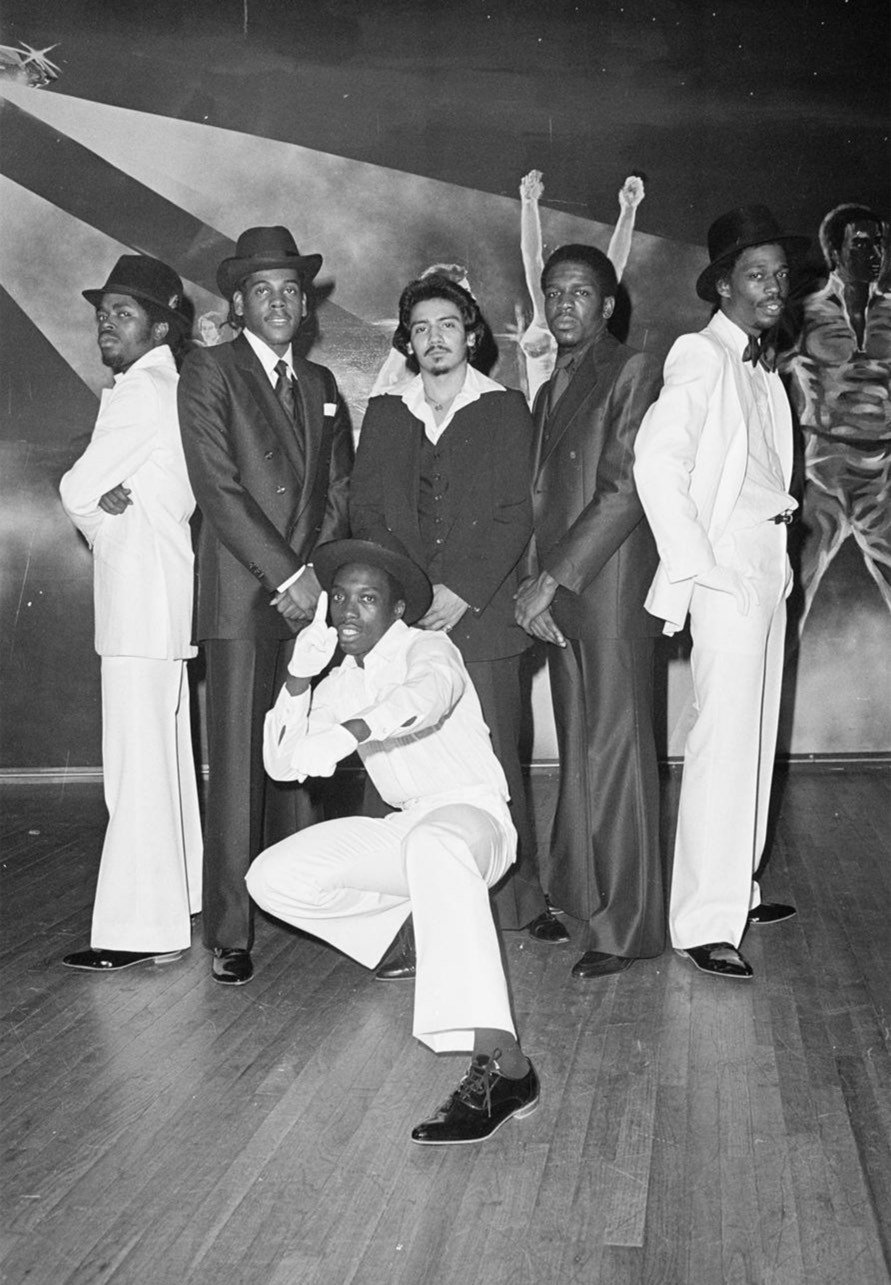A digital trove of 1000s of images of early hip hop photos, posters, and ephemera




Cornell University has a hip hop collection with tens of thousands of objects in it: photos, posters, flyers, magazines, etc. Much of the collection is only available on site in Ithaca, NY by appointment, but parts of it have been digitized, like these party and event flyers:
Created entirely by hand, well before widespread use of design software, these flyers preserve raw data from the days when Hip Hop was primarily a live, performance-based culture in the Bronx. They contain information about early Hip Hop groups, individual MCs and DJs, promoters, venues, dress codes, admission prices, shout outs and more. Celebrated designers, such as Buddy Esquire (“The Flyer King”) and Phase 2, made these flyers using magazine cutouts, original photographs, drawings, and dry-transfer letters.
And the archive of Joe Conzo Jr., who photographed groups, parties, events, and the like in the South Bronx in the late 70s and early 80s (but FYI, the Conzo archive interface is more than a little clunky and there’s lots of non-hip hop stuff to wade through):
In 1978, while attending South Bronx High School, Conzo became friends with members of the Cold Crush Brothers, an important and influential early Hip Hop group which included DJs Charlie Chase and Tony Tone and MCs Grandmaster Caz, JDL, Easy AD, and Almighty KayGee. Conzo became the group’s professional photographer, documenting their live performances at the T-Connection, Disco Fever, Harlem World, the Ecstasy Garage, and the Hoe Avenue Boy’s Club. He also took pictures of other Hip Hop artists and groups, including The Treacherous 3, The Fearless 4, and The Fantastic 5.
These rare images capture Hip Hop when it was still a localized, grassroots culture about to explode into global awareness. Without Joe’s images, the world would have little idea of what the earliest era of hip hop looked like, when fabled DJ, MC, and b-boy/girl battles took place in parks, school gymnasiums and neighborhood discos.
And most recently a portion of the Adler Hip Hop Archive, compiled by journalist and early Def Jam executive Bill Adler:
The Adler archive contains thousands of newspaper and magazine articles, recording industry press releases and artist bios, correspondence, photographs, posters, flyers, advertising, and other documents. These materials offer an unprecedented view into Hip Hop’s history and are made available here for study and research.
Fair warning: don’t click on any of those links if you’ve got pressing things to do…you could lose hours poking around.





Stay Connected